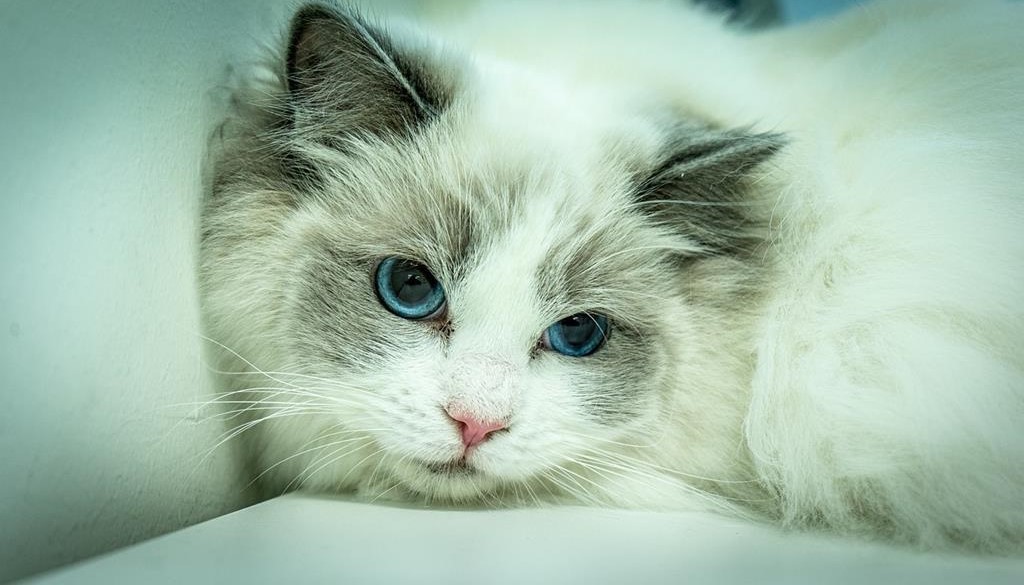Cats are known for their mysterious and sometimes puzzling behaviors, and one of the most concerning issues cat owners face is when their feline companion starts urinating on their bed. This behavior can be frustrating and confusing, but it’s important to understand that there are reasons behind it. In this article, we’ll delve into the potential causes of why your cat might be peeing on your bed and provide insights into how to address this issue.
1. Medical Issues:
Before assuming it’s a behavioral problem, it’s crucial to rule out any underlying medical conditions. Urinary tract infections, bladder stones, kidney problems, and other health issues can cause discomfort and lead to inappropriate urination. If your cat’s behavior changes suddenly, a visit to the veterinarian is essential to identify and address any medical concerns.
2. Stress and Anxiety:
Cats are sensitive creatures, and changes in their environment can trigger stress and anxiety. Moving to a new home, introducing new pets or family members, rearranging furniture, or even loud noises can cause your cat to feel unsettled. In response, they may urinate on your bed as a way of marking their territory or seeking comfort.
3. Litter Box Issues:
Litter box problems are a common reason for inappropriate urination. If the litter box isn’t clean, in a location your cat prefers, or if there aren’t enough boxes for multiple cats in the household, your cat might seek alternative places to relieve themselves, including your bed.
4. Territory Marking:
Cats use scent marking as a way to establish territory. If they feel threatened by other animals or changes in their surroundings, they might urinate on objects like your bed to mark their territory and assert dominance.
5. Behavioral Changes:
Changes in your cat’s routine, lifestyle, or interactions with family members can impact their behavior. If you’ve recently experienced any of these changes, your cat’s peeing on the bed might be a response to those alterations.
6. Medical History:
Cats might associate certain locations with past positive or negative experiences. If your cat had a medical issue in the past that caused discomfort while urinating, they might associate the bed with relief and continue to use it as a spot for elimination.
7. Odor Removal:
Cats have a highly developed sense of smell, and if they detect any lingering scent of urine on your bed, they might interpret it as an invitation to use that spot again. Properly cleaning and deodorizing the affected area is crucial to prevent future incidents.
8. Behavioral Solutions:
Addressing the underlying cause of your cat’s behavior is essential. If stress is a factor, consider providing hiding spots, vertical space, and interactive toys to help alleviate anxiety. Ensure the litter box is clean, easily accessible, and placed in a quiet, low-traffic area.
9. Consulting a Veterinarian:
If the issue persists, consulting with a veterinarian or a veterinary behaviorist is recommended. They can help identify the cause of the behavior and provide a tailored plan to address it.
10. Positive Reinforcement:
If your cat starts using the litter box consistently, offer positive reinforcement through praise, treats, or play. Creating positive associations with the litter box can help prevent future accidents.
Final Verdict
In conclusion, cats can exhibit inappropriate urination behavior for various reasons. Understanding your cat’s individual needs, addressing potential medical issues, and providing a conducive environment can help prevent your cat from peeing on your bed. Patience, observation, and a willingness to adapt are key to resolving this issue and maintaining a harmonious relationship with your feline companion.



